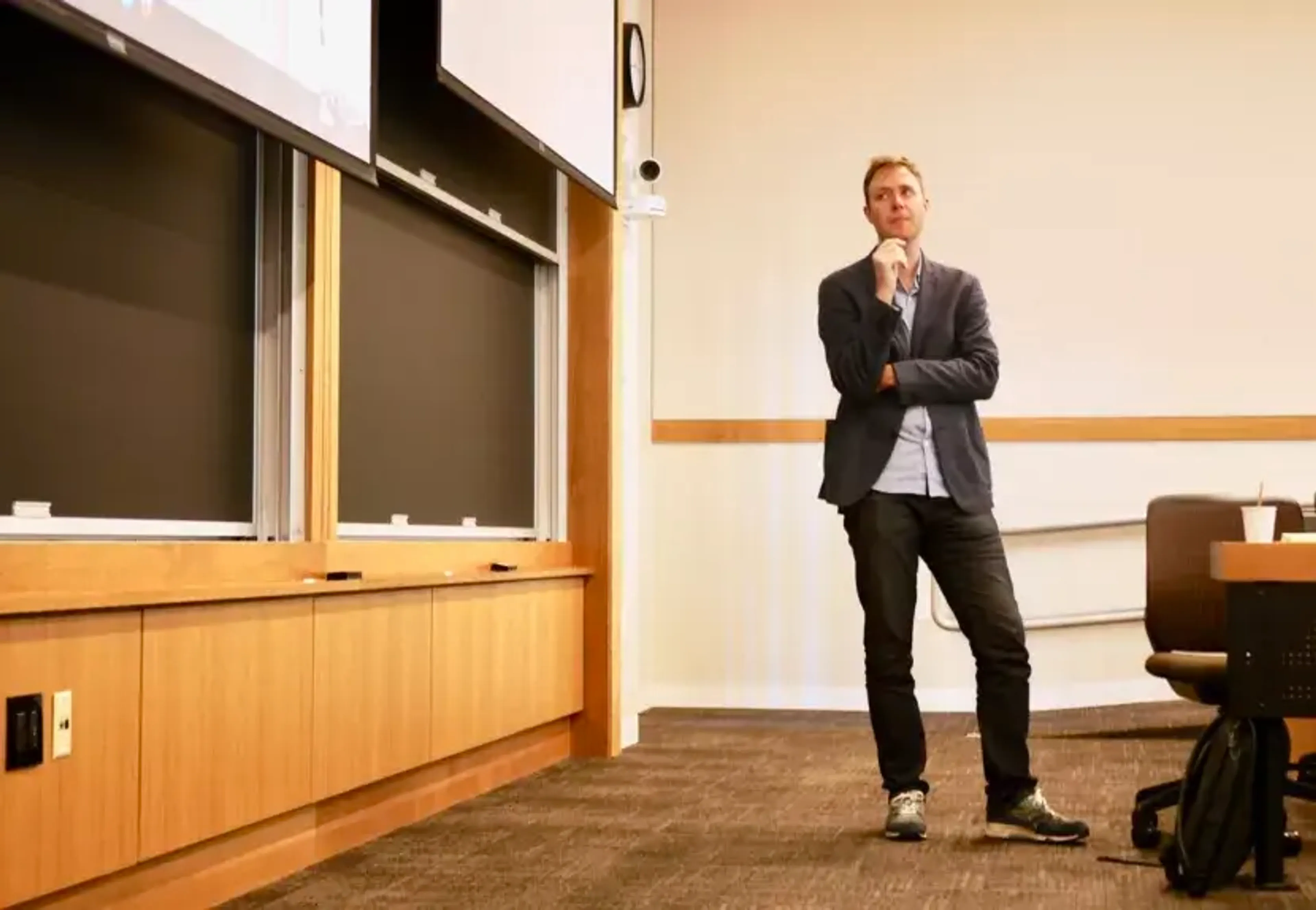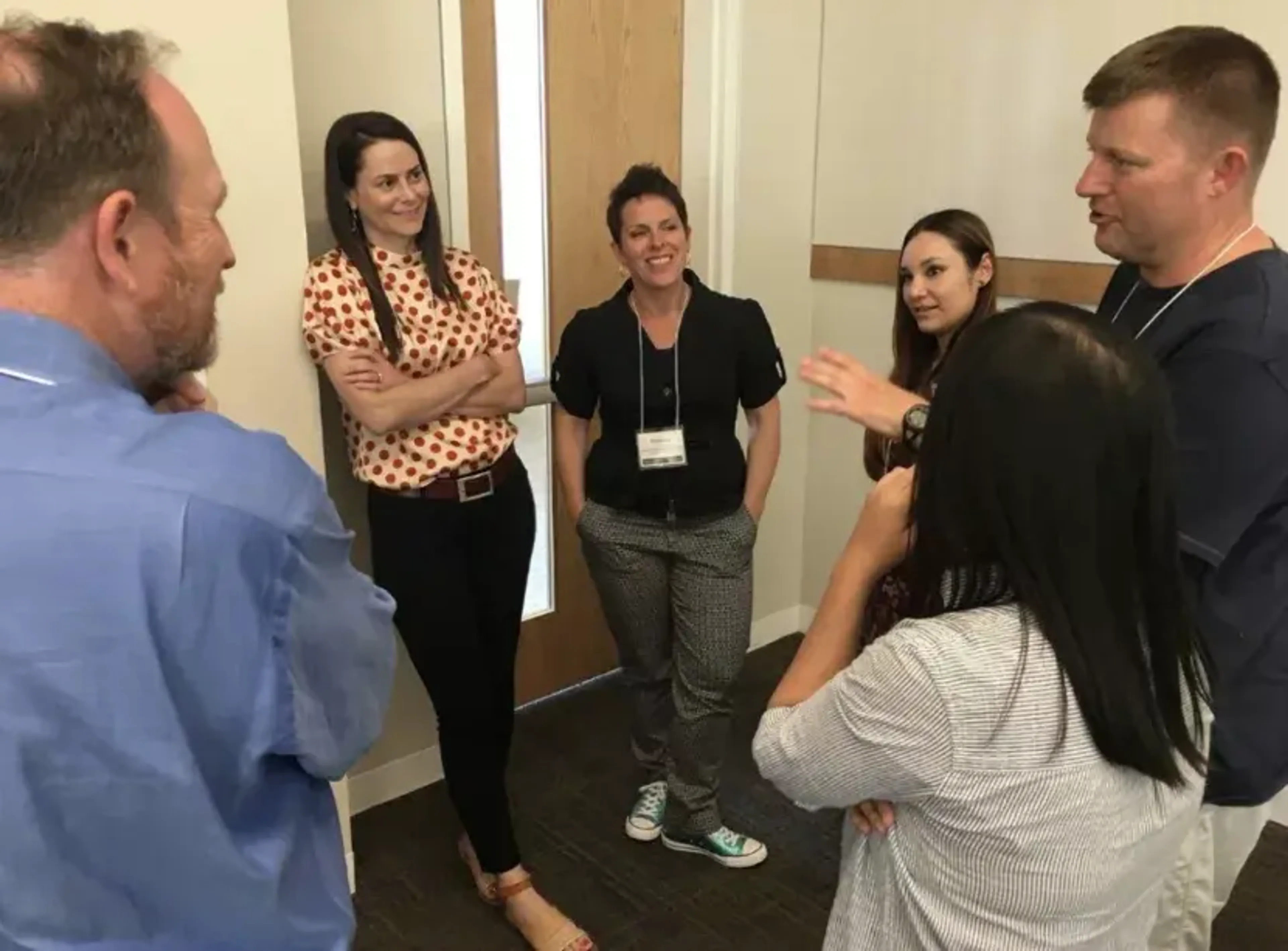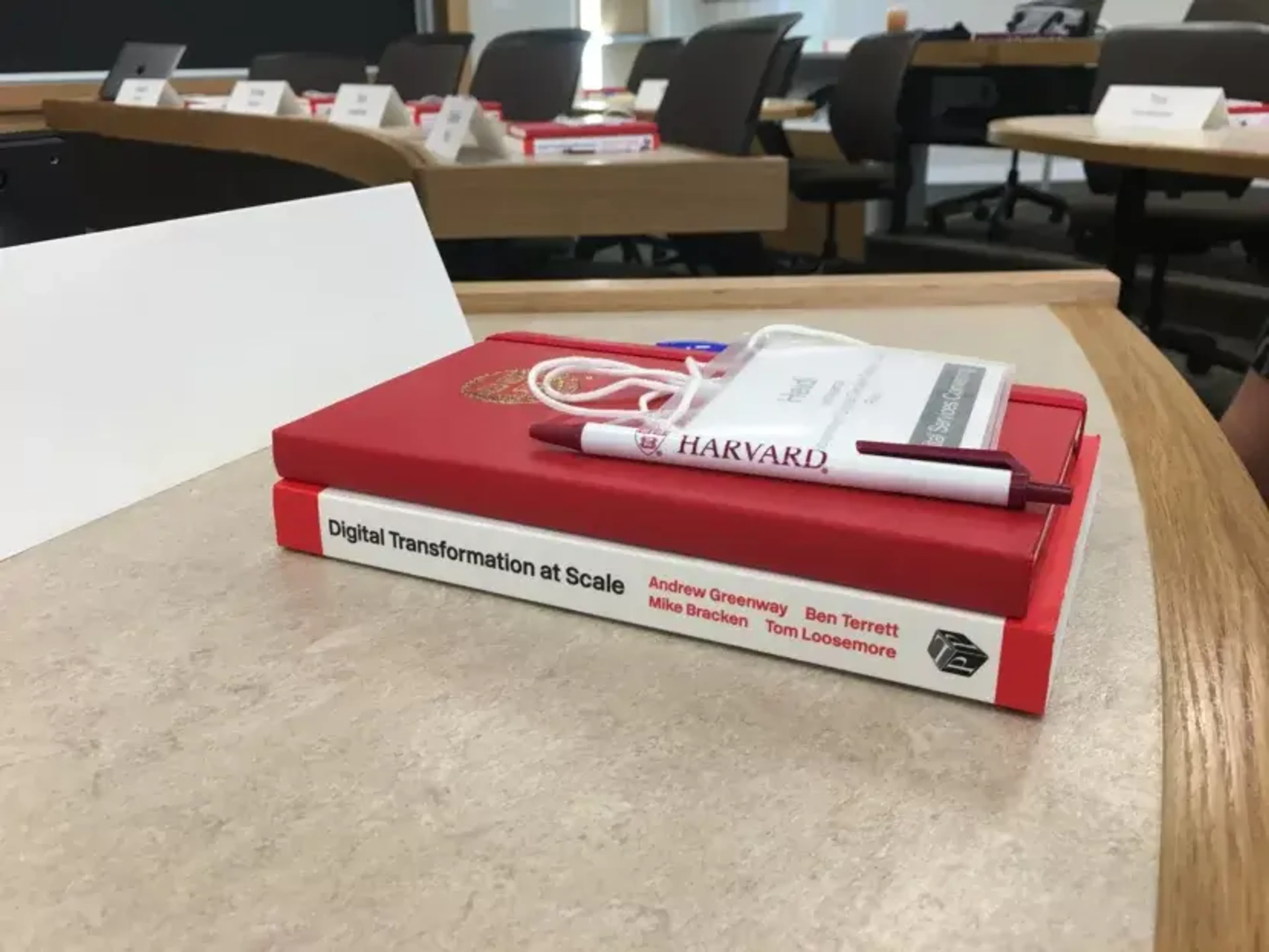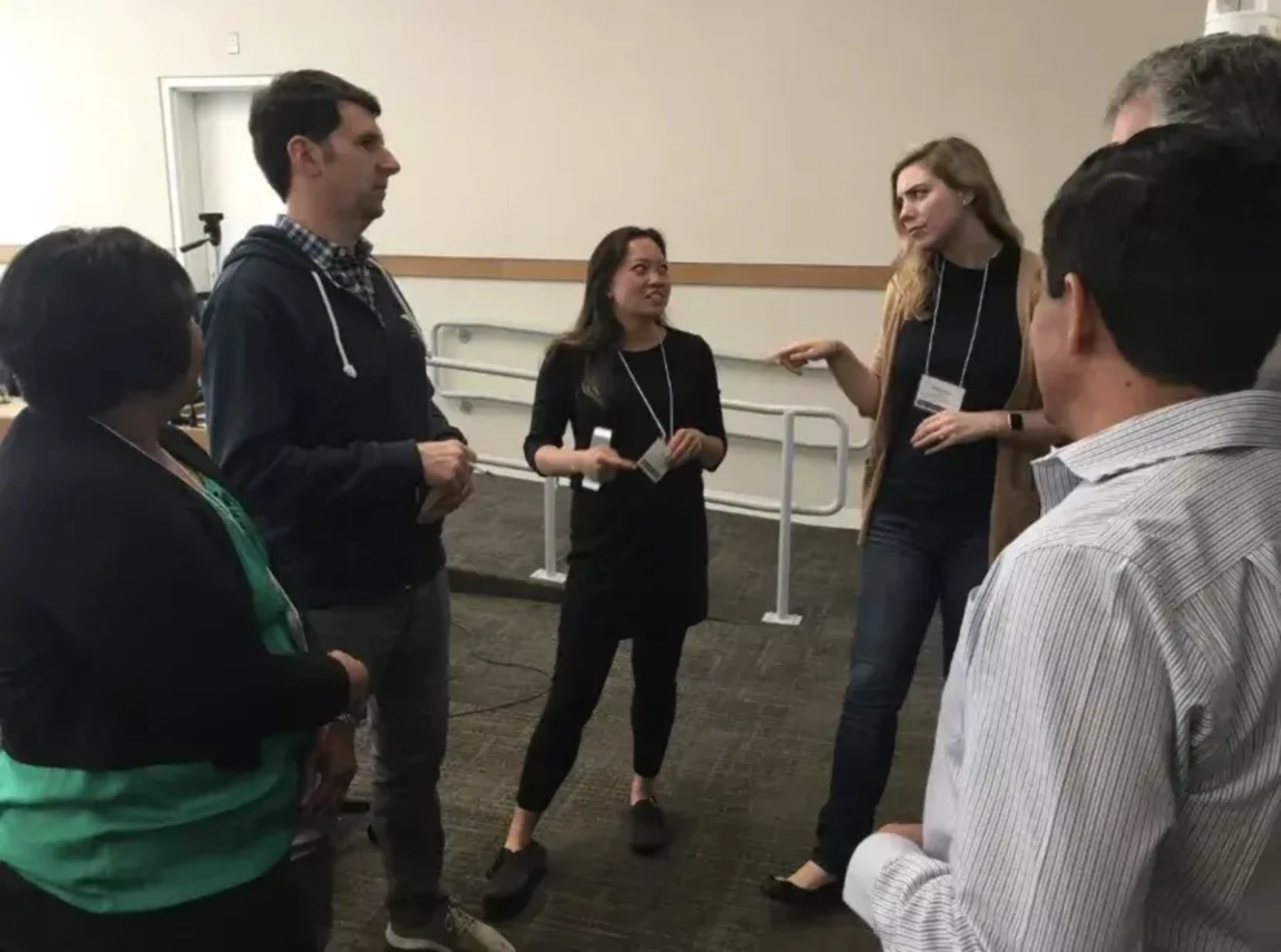Platforms, agile, trust, teams and werewolves

Sometimes you go to conferences or meetups and they feel like a bit of a chore. You end up listening to a lot of PR spin from people who only want to share the best good news they’ve got. They’re usually under pressure to show their best side, and to sell their own success. We get why that happens, but it can be a dull experience if you’re in the audience.
It wasn’t like that at the Digital Services Convening hosted by Harvard University’s digitalHKS team, in partnership with Public Digital, in Cambridge, MA last week.
digitalHKS is a program at the Harvard Kennedy School committed to educating public leaders by training them to understand digital technologies, activate civic participation, and inform governance.
Attendees were encouraged from the start to share their bad news, to talk about the stuff they wouldn’t normally talk about. Things that had failed, things that were more difficult than expected. The result was an event a bit different from most. Different in a good way.
Together with David Eaves and his team, we assembled the group for 2 days of open discussion and debate. David said he saw it as a chance for digital government people from around the world to share their troubles and “find their tribe”. And it worked: we found our tribe.
Open, better, etc
Over the 2-day session, representatives from digital teams in the UK, the US Digital Service and State of California, Peru, Argentina, Mexico, Nova Scotia, Ontario, Taiwan and New Zealand –plus a few of us from Public Digital– did their best to open up and share useful experiences.
We shared failures, and the lessons learned from them. We shared frustrations, and ways to resolve them. We shared horror stories and jokes and endless lists of tips and suggestions. We had a chance to be really, properly honest about what’s worked, what hasn’t, and why.
We heard from teams facing almost impossible dilemmas, where none of the possible decisions feel like good ones. We placed ourselves in their shoes and asked out loud: how would we have faced the problem they faced? What choices would we have made?

We heard from government teams that have moved at terrific pace to deliver lots of work, sometimes with strong political support and sometimes with very little of it.
We heard about teams that have spent years working on this stuff, and have struggled with burnout and the inevitable challenges of growth. By contrast, we heard from teams who have barely begun a similar journey along the same path, and are looking to the future with excitement and a bit of trepidation.
We heard about fabulous achievements and disastrous failures. About teams with enormous budgets and teams with almost no budget at all.
Above all, we heard the truth. As people got to know each other better, we had a chance to listen to colleagues telling us what it’s really like. What really happens. The honesty and candour were refreshing.

Seeking out the north star
At the end, tired after long flights and 2 days of concentrating, we compared notes on what should change.
Lots of people felt like they should try to do less, to say “No” more often. Lots thought that there’s too often a divide between digital teams and other civil servants, which creates unhelpful “them and us” relationships. Everyone wanted to fix that.
Some felt the event had given them fresh perspective on what work really matters, and talked about re-thinking their team priorities as a result.

This was a useful opportunity for public servants from around the world to properly get to know one another, and build relationships that will continue to grow for years to come. We left Cambridge feeling inspired by the stories we’d heard.
In a recent blog post, David Eaves and Ben McGuire talked about the need for digital teams around the world to find a “north star” – a direction of travel everyone working in digital government can broadly agree on. Two uncontroversial suggestions were the need to build platforms for things like payments, notifications, and identity verification; and the need to use agile working methods to build new things fast, and show what’s possible. We’re sure that during the 2 days, we saw fresh glimpses of that north star.
We’d like to thank David and everyone else at digitalHKS (hi Vanessa, Eva, Ben, Emily and Matt) for their hard work doing the organising, problem-solving, note-taking and werewolf-playing.